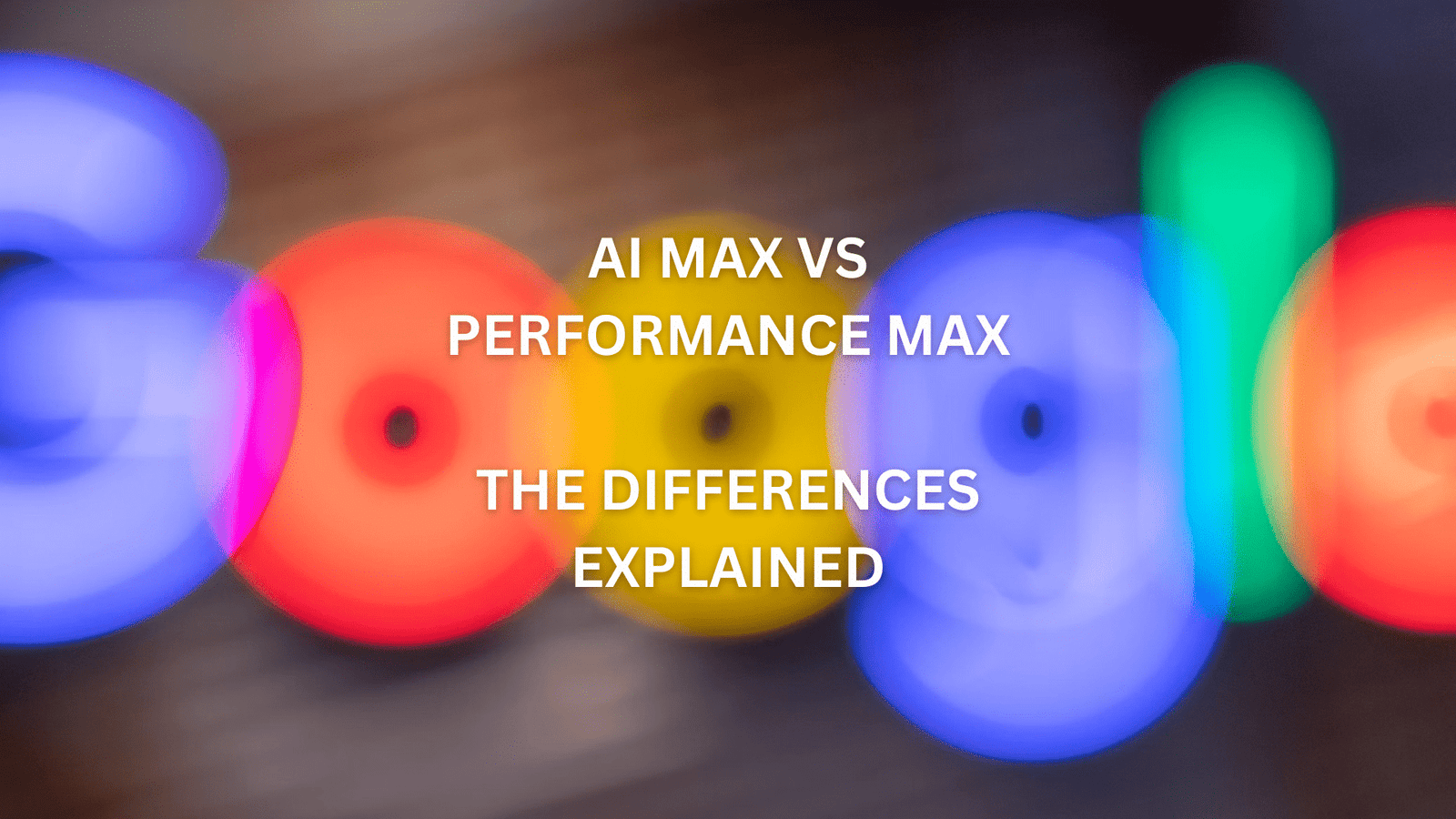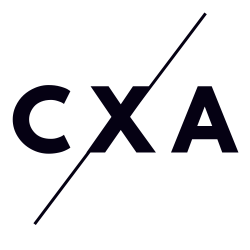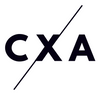Google AI Max vs Google's Performance Max - Differences Explained

Google AI Max is an exciting new suite of AI-powered features for Google Search campaigns, designed to enhance performance beyond what current Google Ads tools (like Performance Max) offer specifically within the search environment. While Performance Max is a cross-channel solution that leverages AI across all Google inventory (Search, YouTube, Gmail, Maps, Display, Discovery), AI Max focuses on supercharging your Search-specific campaigns.
Here's how Google AI Max is better than or complements current Google Ads tools, particularly within the context of Search campaigns:
1. Enhanced Search Term Matching (Beyond Keywords)
AI Max: Leverages broad match and "keywordless" technology, powered by Google AI, to find highly relevant search queries you might otherwise miss. This means it can show your ads for searches that relate to the meaning of your keywords, even if the exact keywords aren't present. For instance, if you target "red midi dress," AI Max might show your ad for "colorful midi dresses for spring and summer." This is crucial as search becomes more conversational and users use complex, nuanced queries.
Current Google Ads Search Tools: Rely more heavily on traditional keyword matching (exact, phrase, broad) where you manually build out your keyword lists. While broad match exists, AI Max takes the AI-driven expansion further.
Performance Max: Also uses AI for search term matching but is a broader, cross-channel campaign type. AI Max offers more granular control and reporting specifically within Search campaigns.
2. Smarter Creative with Dynamic Text Customisation
AI Max: Builds on "automatically created assets" (now called text customisation) by using generative AI. It can dynamically generate ad copy (headlines, descriptions, CTAs) based on your website content, existing ads, and landing pages to better match user intent in real-time. This leads to more tailored and relevant ad messages.
Current Google Ads Search Tools: Allow for responsive search ads where you provide multiple headlines and descriptions, and Google chooses the best combinations. AI Max takes this a step further with truly dynamic, AI-generated content.
Performance Max: Also leverages AI to generate assets across various formats, but AI Max specifically focuses on tailoring text assets for Search.
3. Optimised Landing Page Selection (Final URL Expansion)
AI Max: Automatically sends users to the most relevant landing page on your website, based on their query intent, which is predicted to perform best. This ensures a more seamless and effective user journey.
Current Google Ads Search Tools: Typically direct users to the single final URL you specify for an ad. While some optimisation may occur, AI Max takes a more dynamic, AI-driven approach to selecting the most relevant page.
Performance Max: Also uses final URL expansion across its various channels.
4. More Granular Controls within AI-driven Automation
AI Max: Offers new controls that aim to give advertisers more precision, similar to what they had with keywords, even with increased automation. These include:
Locations of Interest: Target specific customers based on their geographical intent at the ad group level.
- Brand Controls: Include or exclude specific brands to refine audience targeting and maintain brand suitability.
- Creative Asset Controls: Ability to remove or block AI-generated assets that don't align with your brand guidelines (though AI-generated assets can go live before review, requiring quick monitoring).
Current Google Ads Max Tools (like Performance Max): While powerful, some advertisers have expressed concerns about a perceived "black box" nature due to their high level of automation and less granular control compared to traditional Search campaigns. AI Max aims to address this by offering more control points within the Search context.
5. Enhanced Reporting and Transparency
AI Max: Provides more detailed insights compared to Performance Max within the Search context, including:
- Search Terms Report: Shows "AI Max" as a new match type for incremental search terms, and a source column indicating if the match is from broad match expansion or keywordless matching. It also provides a view showing the combined search term, headlines, and URLs for a full customer ad journey.
- Keywords Report: Shows "AI Max" to understand total contributions from AI Max.
Landing Pages Report: A "Selected by" column shows the performance of AI Max-selected landing pages. - Asset Report: Shows the performance of AI Max assets.
Current Google Ads Max Tools (like Performance Max): Provide comprehensive insights, but AI Max drills down specifically into the mechanics of AI-driven performance within Search.
Is AI Max replacing Google's Performance Max?
AI Max is not a direct 1-for-1 replacement of Performance Max, but rather an upgrade to existing Search campaigns.
It's designed for advertisers who want to supercharge their traditional Search campaigns with the latest Google AI capabilities, expanding reach and improving relevance while maintaining a greater degree of control and transparency specific to the search environment.
Should you rush to adopt AI Max? In our opinion, and based on our experience, being an early adopter to new ad tech is almost always an advantage. Clients we have worked on, or when our team members have worked client-side have, more often than not, experienced upside from being an early and enthusiastic adopter of new ad tech.
Small, quiet, experimental ad tech experiments come and go, but once they reach beta and rollout stage there is very little downside in being a very early adopter.




Leave a comment